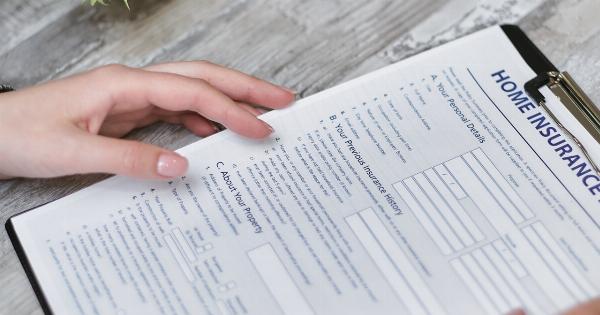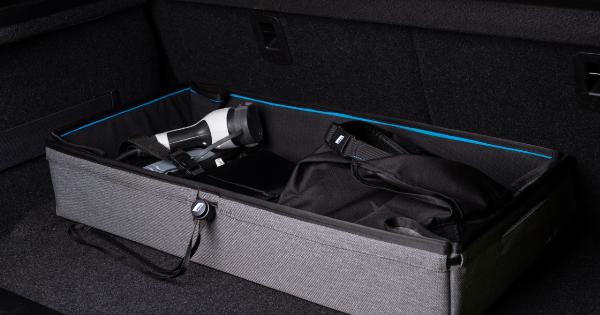Marine vessels are prone to liability and hull damage while on sea. These risks can be costly, and the owners of marine vessels require insurance to shield them from the financial loss that may arise.
A marine vessel insurance policy covers liability and hull damages. In this article, we will discuss these two coverage aspects in-depth.
Liability Coverage
Liability coverage protects marine vessel owners from legal and financial consequences that may result from liability claims. Typically, liability coverage includes:.
Third-Party Liability
Third-party liability covers the vessel owner from claims from third-party individuals or companies. This coverage extends to bodily injury, illness, or death arising from accidents while on sea.
Also, third-party liability insurance provides coverage for property damage or loss from the insured vessel’s use.
Pollution Liability
Pollution liability coverage provides coverage for oil spills, damage to marine life, and other environmental damages caused by the insured vessel’s operations.
Given the strict environmental regulations, marine vessel owners must have coverage to avoid falling foul of the law.
Liability Limits
Insurance providers offering marine vessel insurance coverage typically offer varying limits. Each policyholder has different coverage needs, and while higher limits may cost more, they provide a more comprehensive coverage package.
Hull Damage Coverage
Hull damage coverage provides coverage for repair or replacement of the insured vessel. The coverage applies to damages caused by accidents, natural disasters, vandalism, or theft.
Perils
Hull damage insurance typically covers the perils listed on the policy documents. The perils to be covered by your insurance policy may vary based on the insured vessel’s use, location, and other factors.
Valuation
The valuation of your insured vessel represents the basis upon which repairs or replacement will be made. The valuation can be either actual cash value or agreed value.
Actual Cash Value
The actual cash value is the vessel’s value after depreciation. If your insured vessel suffers damage, the insurer will base its valuation on the vessel’s worth at the time of damage, minus the depreciation value.
Agreed Value
The agreed value represents the vessel’s worth agreed upon by the insurer and the policyholder before the policy cover is in effect.
If the insured vessel suffers damage, the agreed value is the basis for repair or replacement under the policy coverage.
Deductibles
The deductibles represent the amount to be deducted from the vessel owner’s pocket before the insurer provides hull damage coverage. Typically, marine vessel insurance policies have both total loss and partial loss deductibles.
Closing Thoughts
Marine vessel insurance is key to minimize financial loss when liability or hull damages arise.
Liability coverage and hull damage insurance are two vital coverage aspects, and marine vessel owners should carefully choose limits and policy terms that match their individual needs. It is crucial to read and understand the policy documents before purchasing a marine vessel insurance policy to ensure that you select the right protection for your vessel and your finances.

























